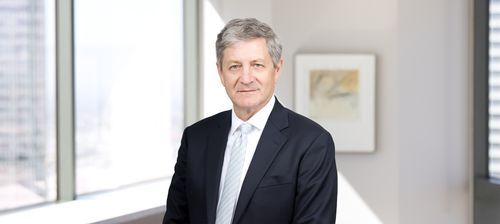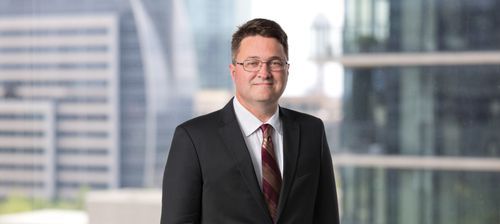Client Alert
Method of treatment claims are patent eligible and are not simply directed to a natural law
Client Alert
Method of treatment claims are patent eligible and are not simply directed to a natural law
March 18, 2019
Natural Alternatives International, Inc. v. Creative Compounds, LLC, No. 2018-1295 (Fed. Cir. Mar. 15, 2019)
The Federal Circuit reversed a Southern District of California decision granting a pleadings motion, finding the asserted claims in seven patents were not patent-eligible. The claims relate to dietary supplements containing beta-alanine, a naturally occurring substance, including methods of treatment using the supplements and methods of manufacturing the supplements.
For the method of treatment claims, the panel disagreed that the claims are directed to a natural law – which the district court had found as “ingesting certain levels of beta-alanine” will increase the “anaerobic working capacity in a human” or “aid in regulating hydronium ion concentrations” as claimed. The panel reasoned that “[t]hese are treatment claims and as such they are patent eligible.” For that categorical rule, the panel cited recent precedent: “[a]s we explained in Vanda Pharmaceuticals Inc. v. West-Ward Pharmaceuticals International Ltd., 887 F.3d 1117, 1134–36 (Fed. Cir. 2018) claims that are directed to particular methods of treatment are patent eligible.” The panel distinguished the Supreme Court’s Mayo opinion as finding claims patent-ineligible for merely claiming “observation of a natural law.” In contrast, the present claims “cover using a natural product in unnatural quantities to alter a patient’s natural state. . . .”
For the remaining claims, the panel found that they were directed to “specific treatment formulations that incorporate natural products” with “different characteristics” – e.g., particular dosage forms that “can be used in a manner that the [natural product] as it appears in nature cannot.”
Judge Reyna wrote a separate opinion concurring-in-part and dissenting-in-part. Judge Reyna took issue with the majority’s opinion to the extent that it relied upon certain of the patentee’s claim constructions that Judge Reyna found unsupported. Notably, Judge Reyna opined that “[t]his case, and the general development of the law concerning § 101 analysis at the pleading stage, causes me to ask whether a Rule 12(c) motion based on § 101 should be decided before claim construction.”



